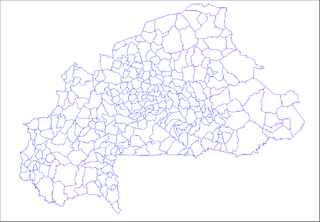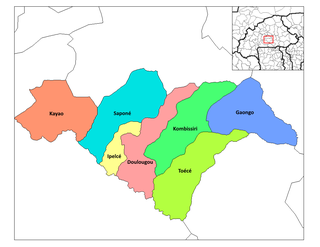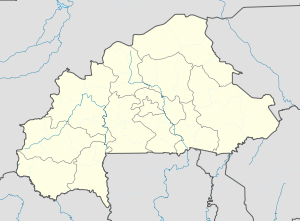
Cape Town is the oldest city in South Africa, colloquially named the Mother City. It is the legislative capital of South Africa and primate city of the Western Cape province. It forms part of the City of Cape Town metropolitan municipality.

A ghost town is an abandoned village, town, or city, usually one that contains substantial visible remains. A town often becomes a ghost town because the economic activity that supported it has failed, or due to natural or human-caused disasters such as floods, prolonged droughts, government actions, uncontrolled lawlessness, war, pollution, or nuclear disasters. The term can sometimes refer to cities, towns, and neighbourhoods that are still populated, but significantly less so than in past years; for example, those affected by high levels of unemployment and dereliction.

A town is a human settlement. Towns are generally larger than villages but smaller than cities, though the criteria to distinguish them vary considerably between different parts of the world.

Sister cities or twin towns are a form of legal or social agreement between towns, cities, counties, oblasts, prefectures, provinces, regions, states, and even countries in geographically and politically distinct areas to promote cultural and commercial ties. The modern concept of town twinning, conceived after the Second World War in 1947, was intended to foster friendship and understanding among different cultures and between former foes as an act of peace and reconciliation, and to encourage trade and tourism. By the 2000s, town twinning became increasingly used to form strategic international business links among member cities.

The provinces of Burkina Faso are divided into 351 departments, whose urbanized areas are grouped into the same commune (municipality) with the same name as the department. The 351 communes created in those departments have three kinds of status :

Ipelce is a department or commune of Bazèga Province in central Burkina Faso. Its capital lies at the town of Ipelce. According to the 1996 census, the department has a total population of 12,802.
Babdo is a village in the Ipelce Department of Bazèga Province in central Burkina Faso. The village has a population of 813.
Bandéla is a village in the Ipelce Department of Bazèga Province in central Burkina Faso. The village has a population of 586.
Banghingo is a village in the Ipelce Department of Bazèga Province in central Burkina Faso. The village has a population of 667.
Guisma is a village in the Ipelce Department of Bazèga Province in central Burkina Faso. The village has a population of 328.

Kactinga is a village in the Ipelce Department of Bazèga Province in central Burkina Faso. The village has a population of 258.

Nacombogo is a town in the Ipelce Department of Bazèga Province in central Burkina Faso. The town has a population of 1,037.
Narogtinga is a village in the Ipelce Department of Bazèga Province in central Burkina Faso. The village has a population of 568.

Sagabtinga-Yarcé is a town in the Ipelce Department of Bazèga Province in central Burkina Faso. The town has a population of 2,784.
Sandeba is a village in the Ipelce Department of Bazèga Province in central Burkina Faso. The village has a population of 960.
Siltougdo is a village in the Ipelce Department of Bazèga Province in central Burkina Faso. The village has a population of 389.
Zinguedeghin is a village in the Ipelce Department of Bazèga Province in central Burkina Faso. The village has a population of 815.

Ipelce is a town in the Ipelce Department of Bazèga Province in central Burkina Faso. The town has a population of 2,073 and is the capital of Ipelce Department.
Nacombogo may refer to places in Burkina Faso:
The 2018–19 FA Cup is the 138th edition of the oldest recognised football tournament in the world. It is sponsored by Emirates and known as The Emirates FA Cup for sponsorship purposes. It started with the Extra Preliminary Round on the weekend of 11 August 2018 and will conclude with the final on 18 May 2019. The winner will qualify for the 2019–20 UEFA Europa League group stage.










